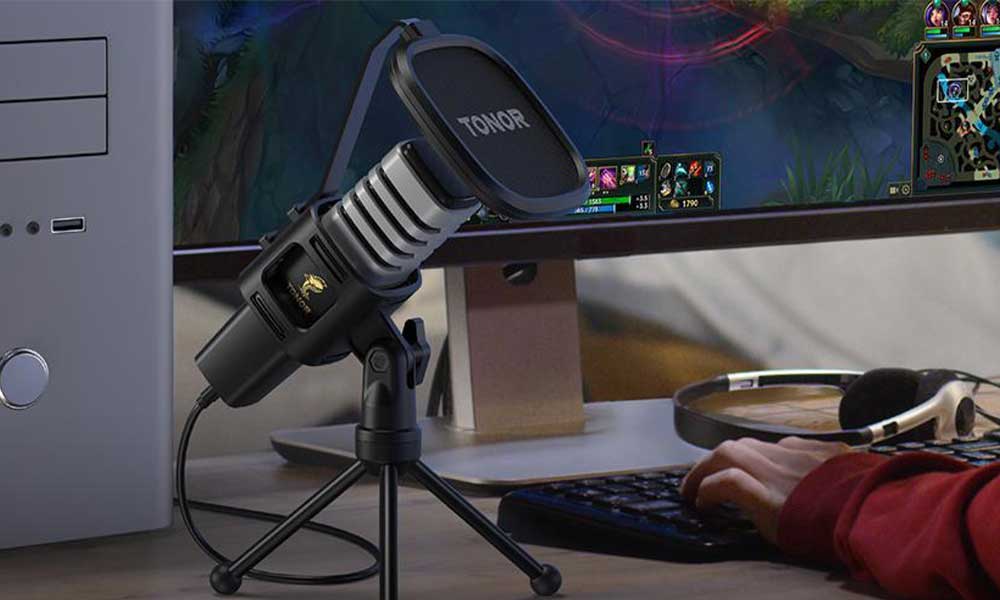The right equipment can easily make or break your podcast, gaming experience, live-streaming, etc. It is something that can make you feel like a pro and I don’t think there would be anyone who would want to compromise their experience while doing something they love the most.
This is why we have come up with this article to help you get the best remote working device without spending too much on traditional studio equipment. You might be wondering that even if you wouldn’t have to spend a truckload of money on a studio, the equipment itself will cost a lot. Well, this is the fascinating part. Our recommendation comprises the best budget microphone under $50. Surprised, right? So get started.

Whether you are a musician or you want a microphone for your personal podcast, you would not want to invest in something temporary. This is why there are so many criteria and aspects to consider while selecting the best microphone, here’s a list of things you should consider while buying one:
People often get confused when selecting between a dynamic or condenser mic, whereas the fact is, a dynamic mic just sounds good, in reality, it produces a signal with the coil wire. While a condenser mic produces sound with high frequencies.
Well, obviously it’s important to get the right quality of the most important part of your device. This is why it is essential to differentiate between a real mic and a headset or a gaming mic. Make sure you don’t get a mic that will just provide broadcasting quality performance.
We all know that a human’s hearing frequency range is from 20-20,000hz. So make sure that the mic you pick captures all these frequencies. This is because there are some mics that are only limited to a frequency range of 12,00hz-15,000hz. A mic of frequency lower than 20,000hz will provide a “muddy” sound. This is exactly what you will find in Tonor.
If you are a professional, you might be aware of how the early mics used to require you to listen to anything via a software monitoring system. This requires a whole process for you to be able to listen to your performance, first, the sound will travel into your computer to be processed under your software and then be echoed back to the jacks attached to your headphones.
This is why when you herald the voice, the sound is delayed for a few seconds. And because of this delay, it was impossible to listen to yourself when you recorded something. The new USB microphones have jacks built-in with a volume control system, plus you can use the mics as an output device too.
Mostly the mics are built with an analog-to-digital chip set that produces a recording within 16 bits. The latest ones that are made with the most delinquent technology come with a 24-bit set, which is perfect for high-definition video games and Blu-ray print videos.
One of the best parts about microphones is that they are built to catch sounds from various directions. This is why the one that picks up sounds from all directions is said to be the best. But, there are mics that pick sound from only one single direction that might also be the one that fits your needs.
We understand that getting all these things in one device might sound impossible and something you may never find. But this is the best part, you can actually find all these aspects in one single device, named Tonor. The device has a 2 GB data port, where you will no longer be required to plug in an additional driver. The Tonor mic comes with ease of installation and has a cardioid pickup pattern. The devices with this pattern usually catch sound from the front along with some reduced responsiveness from the other sides. Not just this, the exceptional anti-vibration system of this device also allows you to reduce the voice created by the attached mouse, keyboard, or any other device. All in all, Tonor is one of the best microphone devices you can have and might be the right pick for you.
